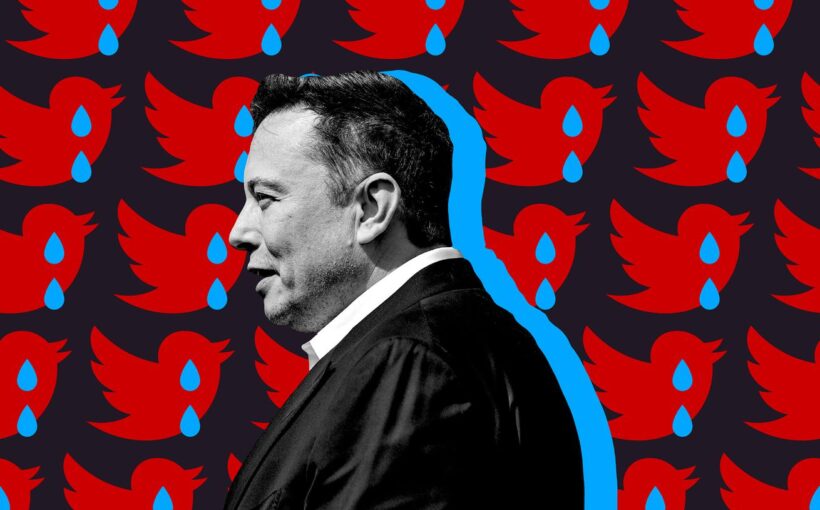LONDON — British Prime Minister Rishi Sunak has closed the world’s first AI Safety Summit by getting backing from Elon Musk.
In London’s Lancaster House, where the wifi was patchy, but the gold trim abundant, Musk sat down for a one-on-one interview with the British PM on Thursday evening.
The billionaire owner of Tesla, SpaceX and X described Rishi Sunak’s decision to invite China to the Bletchley Park summit as “essential” and said AI had the potential to “create a future of abundance” if governments stepped in to act as referees.
Musk predicted a world where nobody would need to work and there would be a “universal high income.”
“There will come a point where no job is needed,” Musk said. “You can have a job if you want to have a job… but the AI will be able to do everything. I don’t know if that makes people comfortable or uncomfortable,” provoking nervous laughter from Sunak.
Just under four hours earlier the prime minister had wrapped up the world’s first AI Safety Summit at Bletchley Park with an international agreement which included monitoring large language models developed by the most advanced labs.
Musk, who has had several run-ins with governments over regulation, said the state had a role to play in AI governance to “safeguard the interests of the public”. “If you look at any sports game, there’s always a referee,” he added, in comments supportive of Sunak’s approach to AI governance.
The pair sat on a stage in a casual interview format, with Sunak jacketless and crossed legged, while Musk wore a black blazer over a T-shirt.
Musk told the audience, which included Cabinet ministers and tech execs, that San Francisco and Greater London are the “two leading locations on earth” for AI, adding the U.K. is “doing very well.”
Sunak had faced criticism for hosting Musk, whose platform, X, has been plagued by misinformation.
But he defended that decision in an interview with POLITICO’s Power Play podcast on Wednesday stating: “I think actually if you listen to what Elon Musk is saying, he’s someone who for a long time has been talking about the potential risk of AI and its existential risks.”


